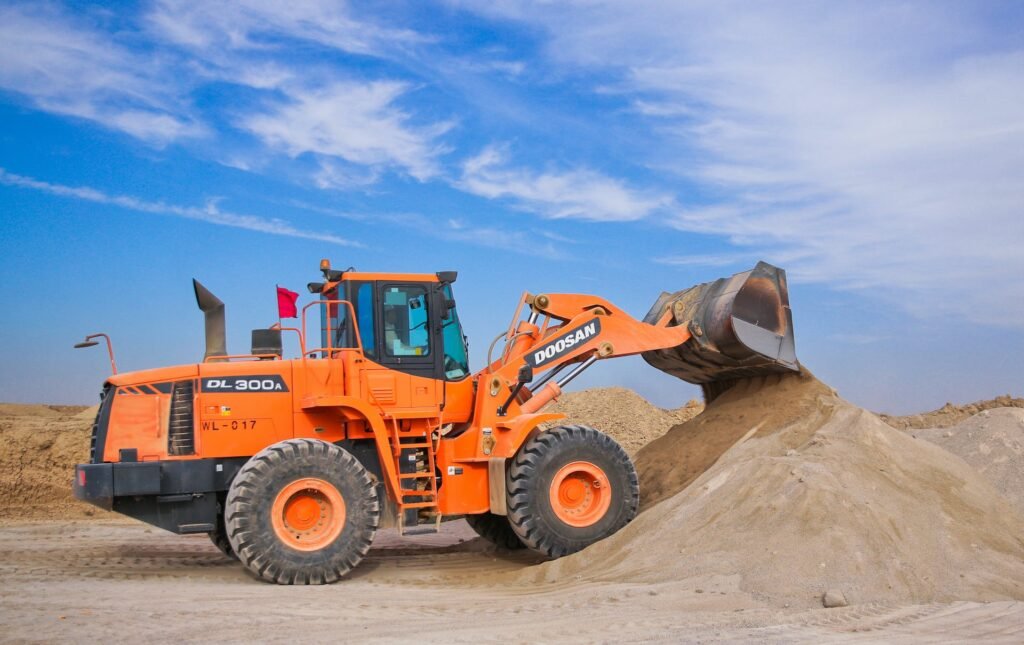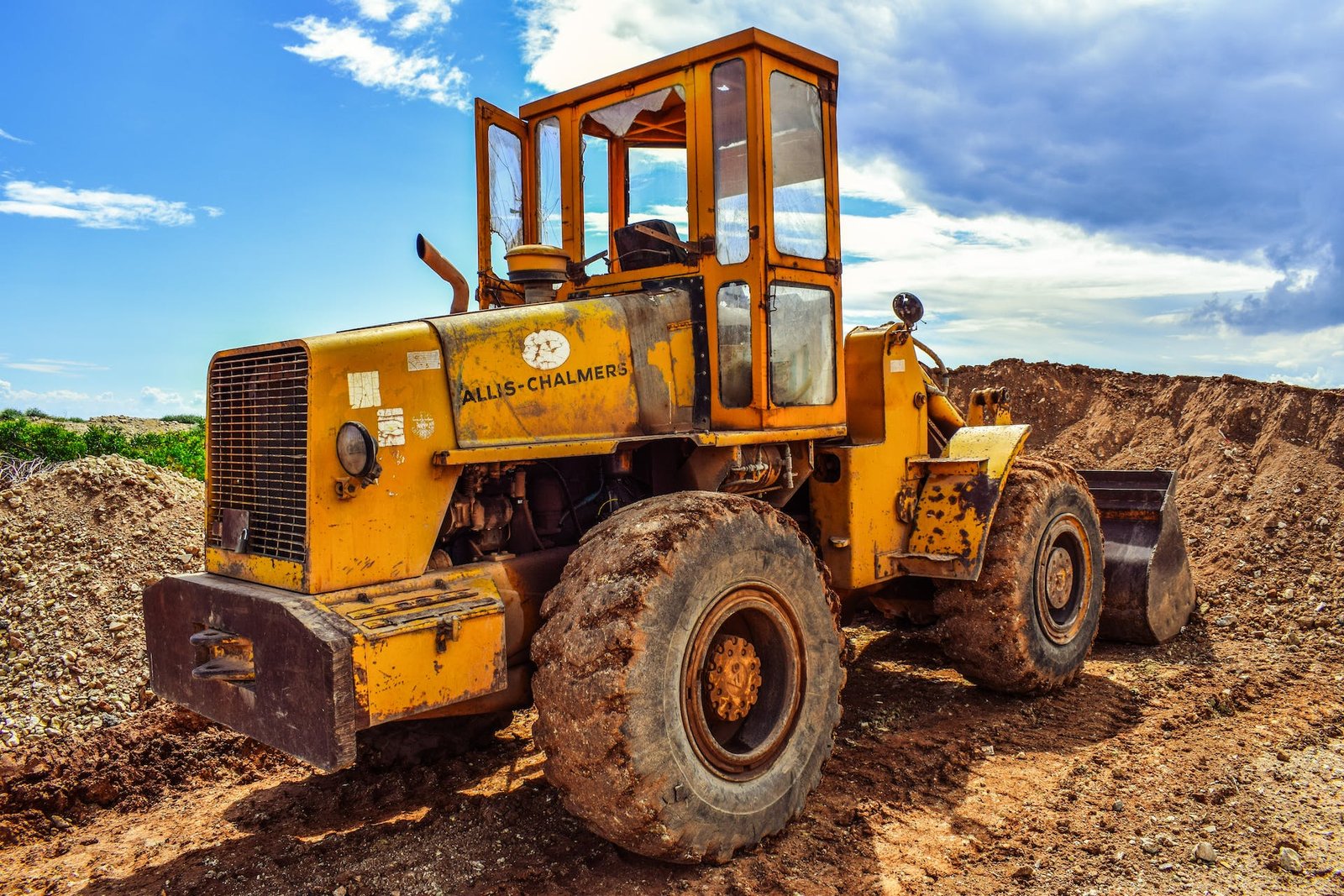Efficiency and productivity in construction, manufacturing, and diverse industry use are anchored on heavy-duty equipment. Some of these powerful machines include Bulldozers and cranes, all with numerous benefits that make it possible to achieve success in different projects. Explore the main advantages of the use of heavy-duty machines.
Unrivaled Power and Capability
The most important strength of heavy-duty equipment is its unmatched power and capacity. These machines have been designed to undertake the toughest jobs, including moving large quantities of soil on construction sites and lifting heavy goods at the factory grounds. Their strong design and high-powered engines are crucial for any challenging or time-sensitive project. In addition, full tilt performance will provide high-quality intake manifolds that will enable your engine to work like a beast.

Increased Efficiency and Productivity
Successful projects are built on efficiency, and good-quality machines improve productivity. Unlike manual labor, these machines could do their job quickly, reducing costs and saving time. Examples include excavating trenches, moving materials, and lifting heavy objects. This type of high-capacity equipment assists in getting a job done faster, allowing projects to be accomplished on time.
Enhanced Safety Measures
Advanced safety measures are installed in heavy-duty equipment, thus minimizing workplace accidents and guaranteeing the well-being of laborers at the working site. Proximity sensors, backup cameras, and ergonomic controls make modern technology an element of a safer workplace. Lastly, using heavy equipment lessens the probability of workplace accidents by eliminating excessive workforce during risky jobs.
Versatility for Diverse Applications
Another benefit associated with these instruments is their wide applicability in different projects. Depending on one’s needs and purposes, they can be used in various sectors, such as construction, agriculture, mining, or even manufacturing. Heavy-duty equipment is beneficial to industries. This saves costs and time on different projects.
Long-Term Cost Effectiveness
The purchase of heavy-duty equipment appears expensive initially, but the economic benefits should be assessed over the long run. They are designed to sustain heavy usage and remain operational compared to other options for extended periods. Businesses considering operational budgets will realize that heavy-duty equipment only requires frequent repairs or replacement after some time.
Environmental Sustainability
Unlike the belief that heavy-duty equipment causes environmental damage, present-day equipment is manufactured sustainably. This has led many other manufacturers to embrace green technologies like fuel-efficient engines and emissions control systems to reduce their carbon footprint. Moreover, heavy-duty equipment significantly decreases resource utilization, thus making the overall project implementation sustainable.
Adaptable to Technological Advancements
With advancements in technology, heavy-duty equipment has also evolved. These advanced machines use up-to-date technology, including GPS navigation, telematics, and automatic control, that boosts their competence and accuracy. Adaptability will allow the firms to keep pace with the market trends and utilize modern technologies for better productivity and efficiency.
Enhances the Brand Image
Heavy-duty equipment is one of those things that improve your brand’s positioning when you add it to your projects. Completing projects on time using sophisticated machines speaks volumes about efficiency and dependability, which fosters a good reputation in the marketplace. A higher brand image associated with fast and successful projects also attracts new customers. In essence, investing in heavy-duty equipment is an investment that finally stabilizes a company’s position, thereby increasing its attractiveness among competitors.
In short, heavy-duty equipment is pivotal to efficiency and productivity in different sectors. They have great power, efficiency, safety features, and versatility, making it an essential tool for modern-day businesses fighting tooth and nail for success. As technology advances, heavy-duty equipment will undoubtedly play a crucial role in shaping the future of construction, manufacturing, and other industrial sectors.




























































